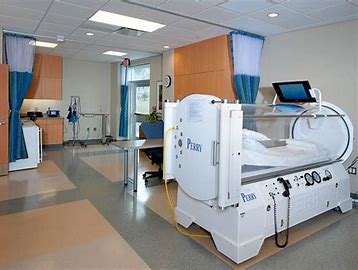The Health Demographic Surveillance System (HDSS), Directorate of Research, University of Calabar (Unical) has recommended robust public and private sector partnership as the panacea for healthcare delivery in the country.
This is contained in the result of a research study conducted by the directorate and presented to the public on Tuesday.
Presenting the recommendation, the team leader, Dr Ekpereonne Esu, said that a robust synergy between the private and public sectors was needed to ensure improved healthcare delivery.
He further said that the study recommended effective supervision and availability of adequate and competent manpower in the healthcare sector.
Esu said the study was intended to assist the government in evaluating the management and use of quality data about Reproductive, Maternal, and Newborn, Child, Adolescent, Elderly Health and Nutrition (RMNCAEH+N).
”The intention of the study is to produce a data-based blueprint to assist the government in improving the quality of services at health facilities in Cross River and Rivers.
“It is also intended to assist the government and other health stakeholders to improve the quality of healthcare services given to patients in public healthcare facilities,” he said.
The team leader said that healthcare delivery would become more efficient if the government provided revolving grants to private operators to ensure operational efficiency.
In his remarks, the Principal Investigator, Prof. Martin Meremikwu, said that the study aimed to identify the gaps in quality and efficient healthcare services in facilities within Rivers and Cross River.
He said that the study was a commissioned effort facilitated by the Federal Ministry of Health and their counterparts in the focal states.
“The aim is to provide workable solutions towards enhancing the quality of health services in public health facilities in the two states.
”The study also recommends timely and accurate collection of quantitative and qualitative data and exhibition of professional competence by the workforce.
“Having completed the fieldwork, we are here to present and discuss the data from the study and bring it to the attention of the government and relevant stakeholders.
“We are optimistic that the findings will provide a reliable barometer in policy formulation and implementation in the healthcare sector,” he said.
Another member of the team, Dr Iwara Arikpo, said that reliable techniques and sampling methods were adopted in undertaking the study.
“The team rigorously trained the data collectors before their deployment to the field, this was to ensure quality data collection,” he said.
He said that the preparations for the study began in August 2022 while the actual fieldwork started in June 2023 and ended in December.
The Director-General, of Cross River Primary Health Care Development Agency, Dr Vivien Otu, commended the research team for their meticulousness in conducting the study.
He described the recommendations as timely given the commitment of Governor Bassey Otu-led administration to reposition the healthcare sector in the state.
The Vice-Chancellor, Unical, Prof Florence Obi, represented by Prof. Angela Oyo-Ita, said that the study had provided evidence-based recommendations to revamp the healthcare sector.
The Director, of Public Health in Cross River, Dr Jonah Offor, described the outcome of the research as a crystal reflection of the situation in the health sector.
“The brain drain that is ravaging our health sector as a country must be tackled urgently to avert a collapse of the health sector,” he said.
The research study was supported by the Federal and State Ministries of Health in Cross River and Rivers.
The project was also supported by the Johns Hopkins Programme for International Education in Gynecology and Obstetrics(JHPIEGO) and the United States Agency for International Development (USAID).
NAN


